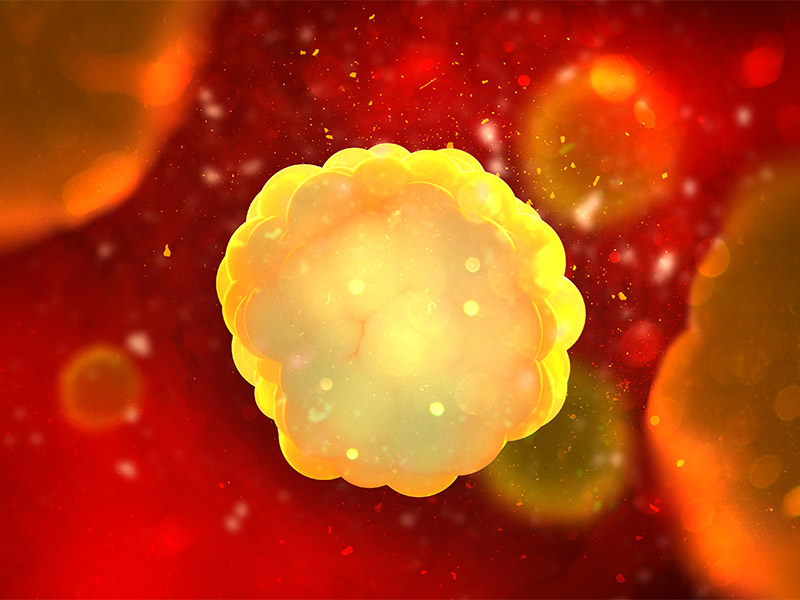
6th December 2019 New treatment reduces pancreatic cancer cells by 90% Researchers from Tel Aviv University report that a molecule known as PJ34 triggers the self-destruction of pancreatic cancer cells, with a reduction of 90% in mouse models.
Pancreatic cancer is resistant to all current treatments. Patients have extremely poor chances of surviving for five years after diagnosis. However, a new study by Tel Aviv University (TAU), published in the journal Oncotarget, offers some hope. It finds that a small molecule has the ability to induce the self-destruction of pancreatic cancer cells. The research used "xenografts" – transplantations of human pancreatic cancer cells into immunocompromised mice. The treatment reduced the number of cancer cells by 90%. This research holds great potential for the development of a new, effective therapy for treating this aggressive cancer in humans. The study was led by Prof. Malca Cohen-Armon and her team at TAU's Sackler Faculty of Medicine, in collaboration with Dr. Talia Golan's team at the Cancer Research Center at Sheba Medical Center. "In research published in 2017, we discovered a mechanism that causes the self-destruction of human cancer cells during their duplication (mitosis) without affecting normal cells," explains Prof. Cohen-Armon. "We have now harnessed this information to efficiently eradicate human pancreatic cancer cells in xenografts. The current results were obtained using a small molecule that evokes this self-destruction mechanism in a variety of human cancer cells. "The mice were treated with a molecule called PJ34, which is permeable in the cell membrane, but affects human cancer cells exclusively. This molecule causes an anomaly during the duplication of human cancer cells, provoking rapid cell death. Thus, cell multiplication itself resulted in cell death in the treated cancer cells." A month after being injected with PJ34 each day for 14 days, the pancreatic cancer cells in the tumours of the treated mice experienced a relative drop of 90%. In one of the animals, the tumour completely disappeared. "It is important to note that no adverse effects were observed, and there were no changes in the weight gain of the mice, nor in their behaviour," says Prof. Cohen-Armon. This mechanism acts efficiently in other types of cancer resistant to current therapies. The molecule PJ34 is being tested in pre-clinical trials according to FDA regulations before clinical trials begin. The research has been funded through contributions to American Friends of Tel Aviv University.
Comments »
If you enjoyed this article, please consider sharing it:
|







